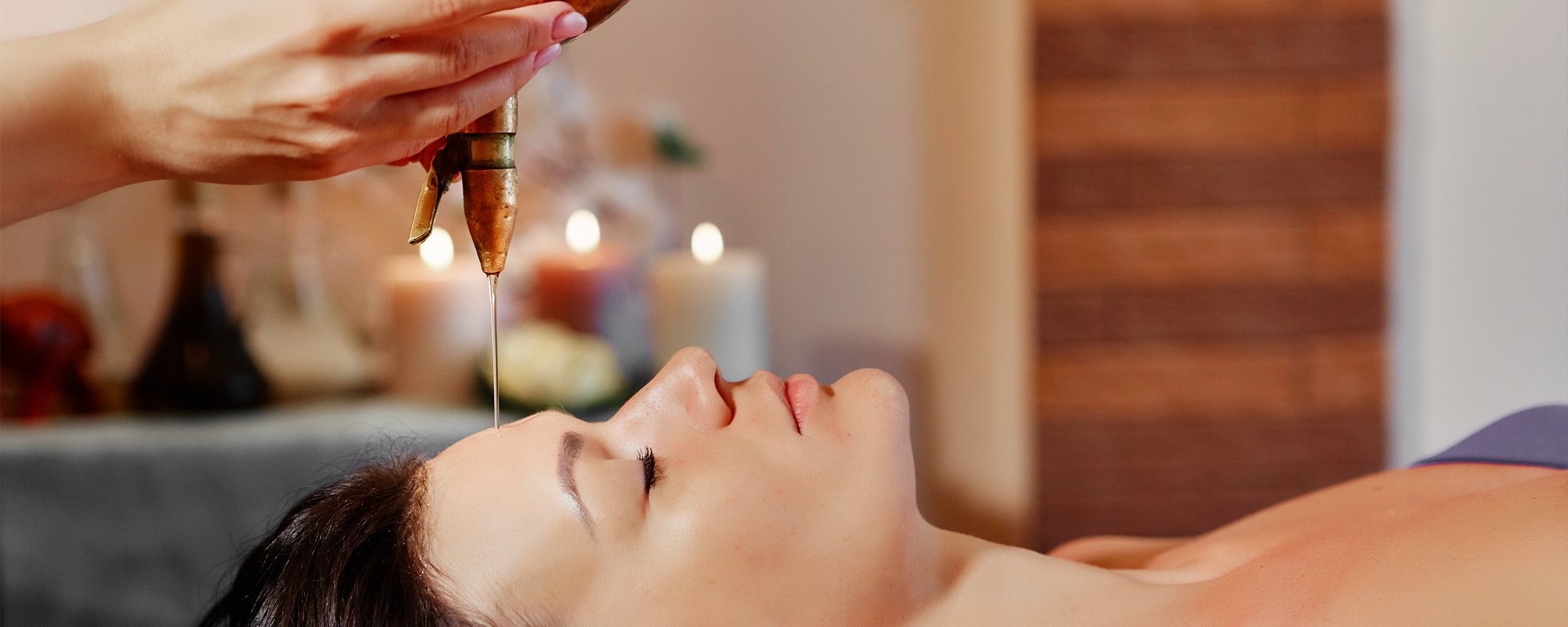
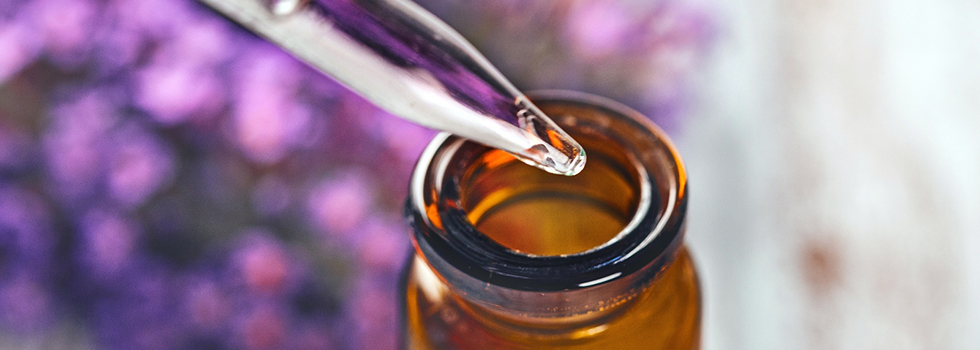
The nose is the door to consciousness and the pathway to our inner pharmacy. Medications that are administered via the nasal passages affect the mind, prana vata, tarpaka kapha, sadhaka pitta, and majja dhatu. Administer nasya on an empty stomach an hour before or after a shower or exercise. Lie down with the head tilted back and put 5 drops of nasya in each nostril. Sniff deeply, then remain lying for a minute or so, to allow the nasya to penetrate.
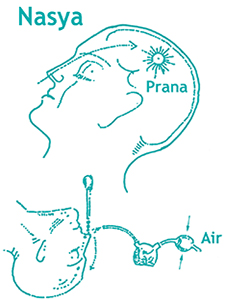
Dry powers or herbs are blown into the nose. Commonly used substances include vacha (calamus), brahmi (gotu kola), and jatamamsi.
Especially good for vata dosha. Strengthening and tonifying substances are administered through the nose. Commonly used substances are ghee, salt, shatavari ghee, ashwagandha ghee, medicated milk, and various oils.
Medicated decoctions, teas, the fresh juice of herbs, or medicated oils specific to the dosha are used. Substances used include brahmi ghee (for pitta), vacha oil (for kapha or vata), and tikta ghee (for vata or pitta).
Decoctions, fresh juices, and oils are mixed together and administered according to the aggravated dosha. Used for pitta-vata or pitta-kapha disorders. Among the substances used include brahmi juice (for pitta) and vacha juice (for kapha or vata).
A little ghee or oil is inserted into the nostrils with the little finger. This, along with gentle massage, helps to relieve stress and opens the deep tissues. It can be done on a regular basis or occasionally as desired. Prati marshya: Marsha done on a daily basis.
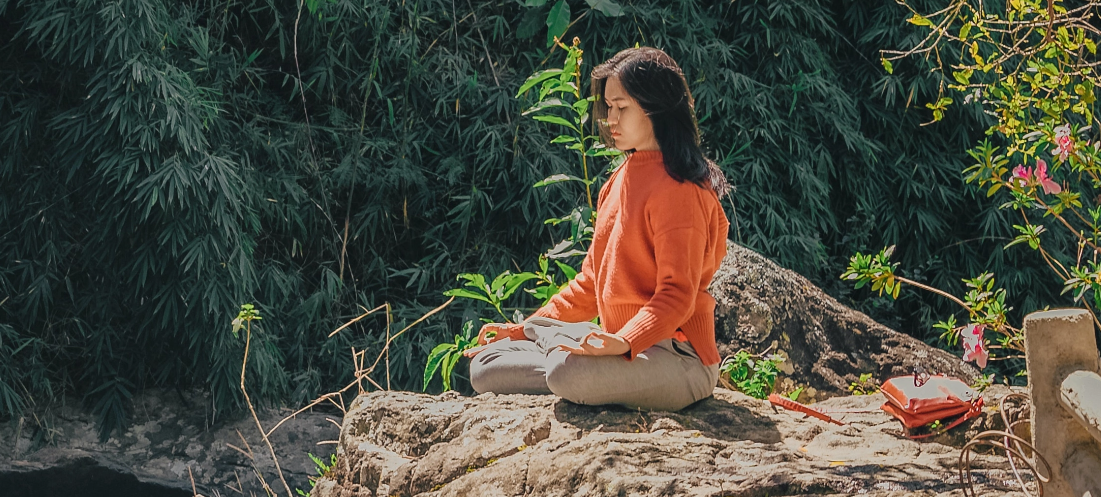
The spiritual journey starts here
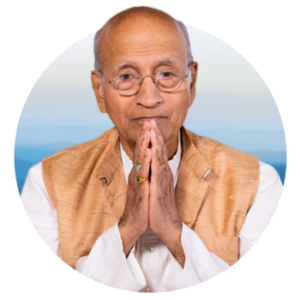
A native of India, he served for three years as Medical Director of the Ayurveda Hospital in Pune, India. He was Professor of Clinical Medicine at the Pune University College of Ayurvedic Medicine for 15 years. He holds a Bachelor’s of Ayurvedic Medicine and Surgery (BAM&S) degree from the University of Pune and a Master’s of Ayurvedic Science (MASc) degree from Tilak Ayurved Mahavidyalaya. The author of numerous books, Vasant Lad is respected throughout the world for his knowledge of Ayurveda.
Get regular updates from The Ayurvedic Institute, with great bonuses, free material, and discounts!
Contact